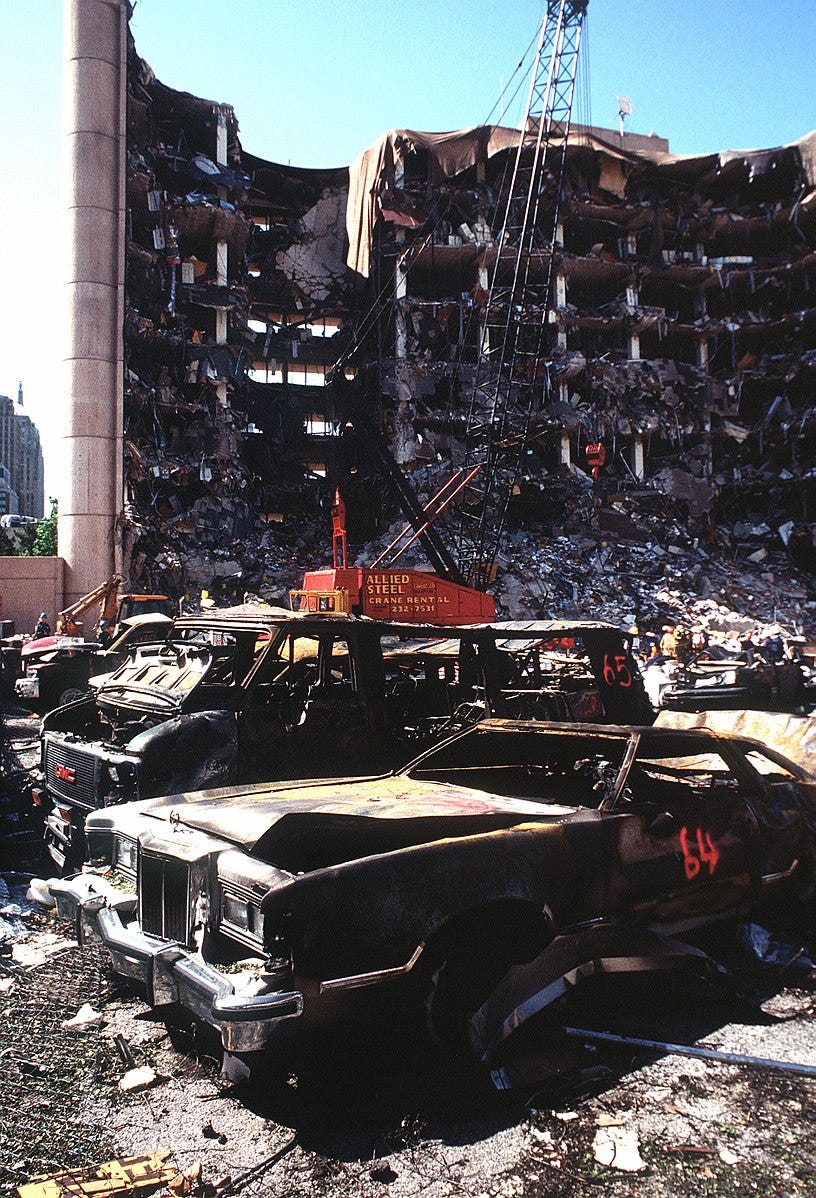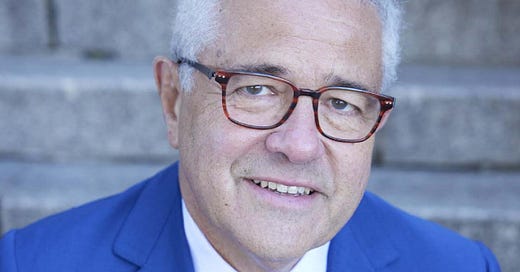Q&A: Jeffrey Toobin Connects Timothy McVeigh to Jan. 6
In a new book, the veteran legal journalist argues that the Oklahoma City bomber was part of a rise of right-wing extremism that produced the Capitol insurrectionists and mass shooters.

Jeffrey Toobin is a New York Times bestselling author. His latest book is Homegrown: Timothy…
Keep reading with a 7-day free trial
Subscribe to Public Sphere to keep reading this post and get 7 days of free access to the full post archives.



